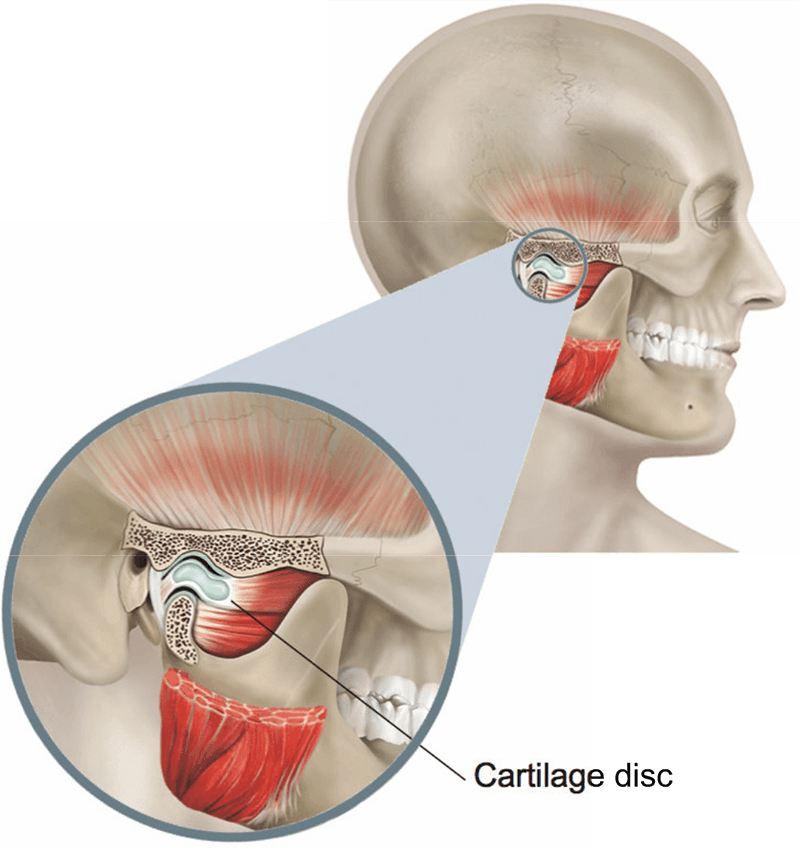
Temporo-Mandibular Joint Surgery
Temporomandibular disorder is an umbrella term for problems that cause dysfunction of the jaw joint or discomfort in the jaw and face, usually in or near the temporomandibular joint (TMJ), involving masticatory and other head and neck muscles, the fascia, or both. A person is diagnosed with a temporomandibular condition only if the discomfort or restriction of mobility is severe enough to necessitate expert care. Temporomandibular disorders are often complex, although the majority are associated with muscle or joint issues.
Missing teeth, severe bite malocclusion, inadequate dentures, and ill-fitting crowns and bridges can place a non-physiological strain on the temporomandibular joints, causing abnormal pressure on your teeth and stress problems in the head, neck, and shoulders. These symptoms include ace and facial structures and brain: migraine, headaches, and trigeminal neuralgia. Hearing problems include dizziness, humming, ringing noises, and tinnitus. And facing the neck, spinal column, and shoulders.
TMJ disorders must be recognized from the numerous conditions that resemble them. TMJ pain is intensified by finger pressure on the joint while the mouth is opened. Manual evaluation of TMJ functions entails first asking patients to explain their discomfort and indicate uncomfortable areas. General discomfort and trigger points are palpated in the cervical and occipital muscles, as well as each of the primary muscle groups involved in mastication. Patients are monitored by opening their mouths as much as they feel comfortable.
Our maxillofacial expert will measure the spatial connection of your jaws to your skull, both intra-, and extra-orally. Computer-aided sensor technology produces precise data that helps in determining the source of a condition. TMJ Functional Analysis (FAL) entails a physical, computer-aided evaluation of the inter-maxillary relationship as well as a systematic functional diagnostic for the identification and treatment of the discomfort, postural abnormalities, and muscular spasms. The diagnosis of TMJ issues is difficult yet crucial to achieving therapeutic outcomes.
Non-Invasive Treatments:
While our oral surgeons are experts in oral surgery, the majority of our patients do not require surgical treatments. The majority of patients can benefit from non-invasive or minimally invasive procedures, and many will benefit from both dental and medical solutions at the same time.
Surgical Treatments:
Severe degenerative conditions could necessitate open joint surgery. The degree of surgical necessity will be determined by the effectiveness of less invasive therapy, the results of MRI/arthroscopy, and the severity of symptoms. Dr. Changule, our maxillofacial specialist, is one of the few in the region who regularly executes these surgeries, thus his expertise is extremely valuable in assuring a successful surgery. Despite the challenges, our expert surgeon can perform most replacement procedures using a single incision in front of the ear, which is covered by the patient’s own hair. The majority of cases are performed in a single stage, with a two to a three-day hospital stay.
